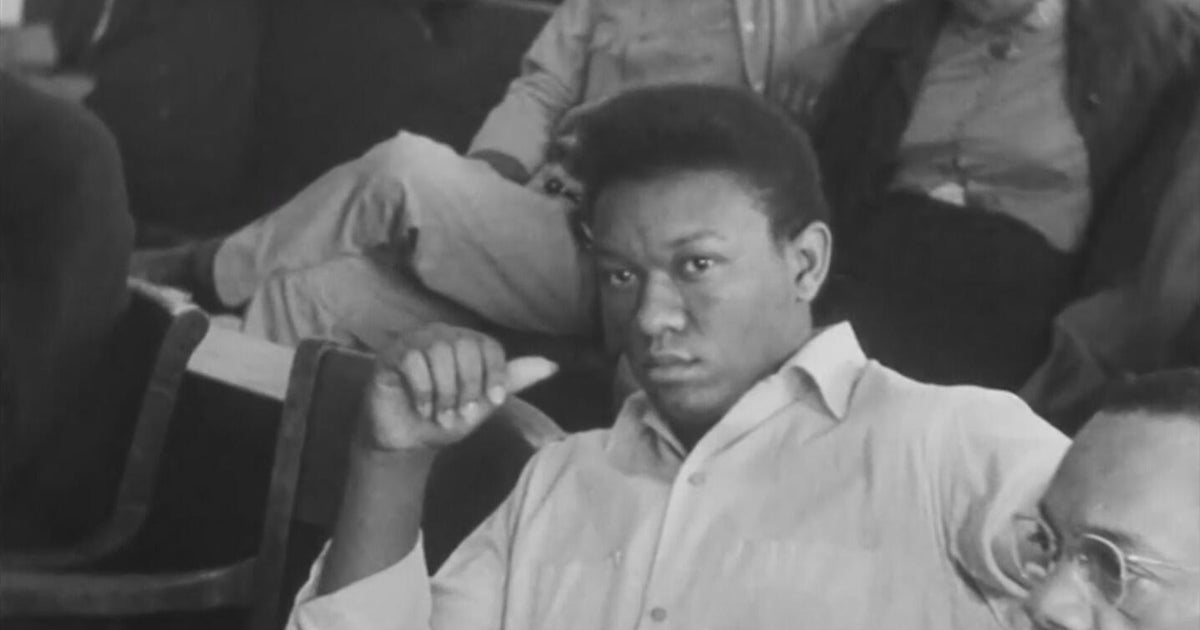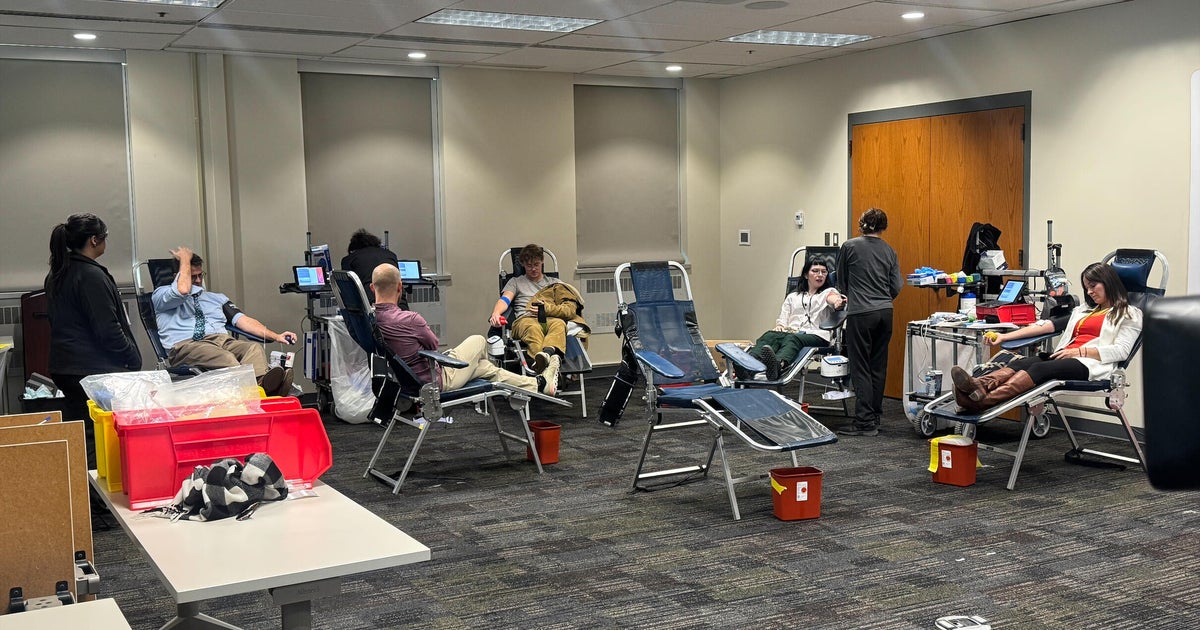Lawmakers push to amend Son of Sam laws after Heuermann's estranged wife reportedly paid seven figures by Peacock documentary
LONG ISLAND, N.Y. -- Outrage over the money that's being paid to accused Gilgo Beach serial killer Rex Heuermann's estranged wife Asa Ellerup is prompting a potential new law.
Two new bills aim to amend New York's Son of Sam law to prevent family members of defendants from profiting off crimes.
Christmas decor hangs from the Heuermann house, but there's no sign of the film crew that followed Ellerup to her estranged husband's latest court appearance.
Ellerup is reportedly getting paid seven figures by a Peacock TV docuseries, a deal that prompted outrage.
Shannan Gilbert's sister said she was disappointed, disgusted and flabbergasted.
Outrage spread to Albany.
"The amount of money that's being thrown here while victims' families get nothing is just horrible. They're just exploiting their pain for profit," said Sen. Kevin Thomas, of Garden City.
Thomas said his bill closes a loophole in the Son of Sam law.
The same bill is in the Assembly.
"Why should the family or the former spouse profit from this crime either? It's an insult, I think, to the victim," said Sen. Fred Thiele Jr., of Sag Harbor.
The decades-old Son of Sam law blocks criminals, like killer David Berkowitz, from profiting off their crimes. The law was ruled unconstitutional and amended. Victims are now notified of movie and book deals so they can sue for the profits.
The new bills would expand the law to include defendants' relatives, a move applauded by attorney John Ray, who represents victims' families.
"[Ellerup] is a ghoul and she's feeding on the dead by using their memory and the circumstances that her husband caused and she may have a part in," said Ray.
Ellerup's attorney Robert Macadonio responded, "It's a sad day in America when people are willing to trample on the constitution to get press coverage. The next thing they will attempt is to control media coverage."
"To the extent that the law is going to apply to a family member, who may not have done anything wrong, you've probably got a significant First Amendment problem there," said Fred Klein, a Hofstra law professor.
A Peacock spokesperson told CBS New York that Ellerup "was not paid for her participation, but was paid a licensing fee for use of her archive materials," which cannot go to Heuermann or his defense.
Peacock said it reached out to the victims' families to appear in the documentary, but all either declined or did not respond.
If passed, the bill would take effect immediately, which could impact the Ellerup case.








